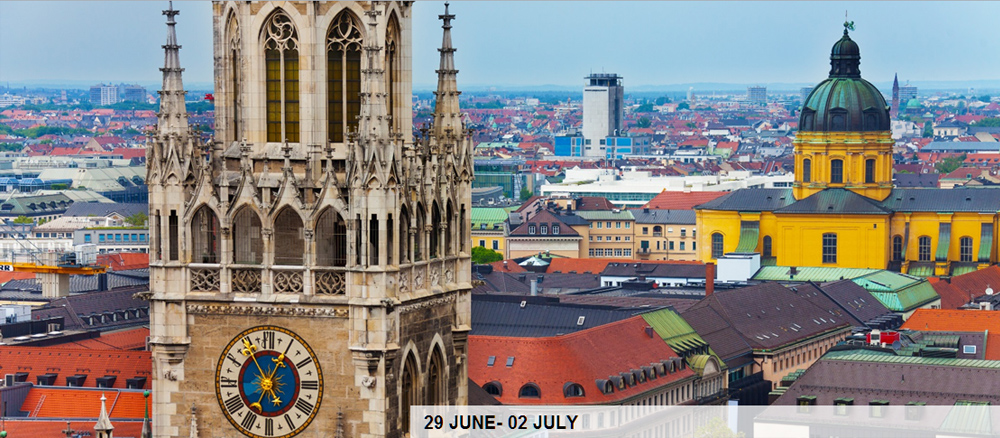|
|
TRAVEL/VISA
Citizens of the following countries don’t require a short-term visa, either:
Nationals of other states (countries) have to apply for a Schengen visa. It allows them to travel freely within the Schengen area for 90 days or less. To get this visa, you need:
About Munich Like many cities, Munich started out as a small town enclosed by a wall and then expanded beyond it. The 'inner city' occupies such a small area that everything is close and easy to visit, and you'll get a sense of the orignal wall, indeed, the gates still remain. The river Isar flows through the city and it is generally a very green place. The enormous Englischer Garten, is a park with a boating lake and beer garden (of course) and is well worth a visit. Munich is the largest city in the south of Germany and is about an hour and a half drive from the Alps. Most of the time the mountains are just a dark unclear shadow on the horizon, but with the right weather conditions - specifically a special wind called the Foehn - , they become crystal and beautifully clear. This is when the postcard pictures get taken. Munich is very close to Austria, Switzerland and after a short hop through Austria, also Italy. Munich is much more than just the venue for the Oktoberfest, it's the high-tech capital of Germany with many international companies choosing to have their European headquarters here. BMW, MAN (truckmaker) and MTU (aeroengine maker) are also based in Munich as are countless other firms. Munich is the capital city of Bavaria. Within the city limits, Munich has a population of more than 1.4 million, making it the third most populous city in Germany. Munich, located at the river Isar in the south of Bavaria, is famous for its beautiful architecture, fine culture, and the annual Oktoberfest beer celebration. Munich's cultural scene is second to none in Germany, with the museums even considered by some to outrank Berlin in quality. Many travelers to Munich are absolutely stunned by the quality of the architecture. Although it was heavily damaged by allied bombing during World War II, many of its historic buildings have been rebuilt and the city center appears mostly as it did in the late 1800s including its largest church, the Frauenkirche, and the famous city hall (Neues Rathaus). Munich was almost completely destroyed in two world wars, yet it's managed to recreate much of its folkloric, Bavarian past. Oktoberfest is legendary, but you can visit the Hofbrauhaus any time of year for an immense beer. Olympiapark, the site of the 1972 games, is not to be missed (you can skate on the Olympic ice rink and swim in the pool). On a somber note, take time to visit the concentration camp at Dachau—it's an intense, yet unforgettable, glimpse into the not-too-distant horrors of the Holocaust. More info:
|
IMPORTANT DATES: Abstract Submission is OPEN! Notification of acceptance: Early Bird Registration: until 15th MARCH, 2015 Reduced Registration Fee ADVANCED COURSES ACEX2015: |



